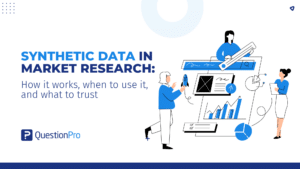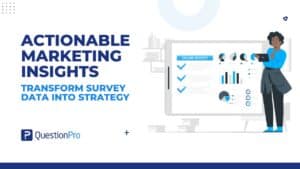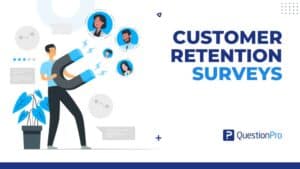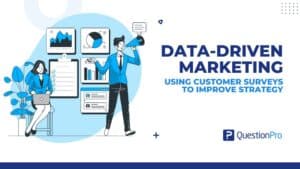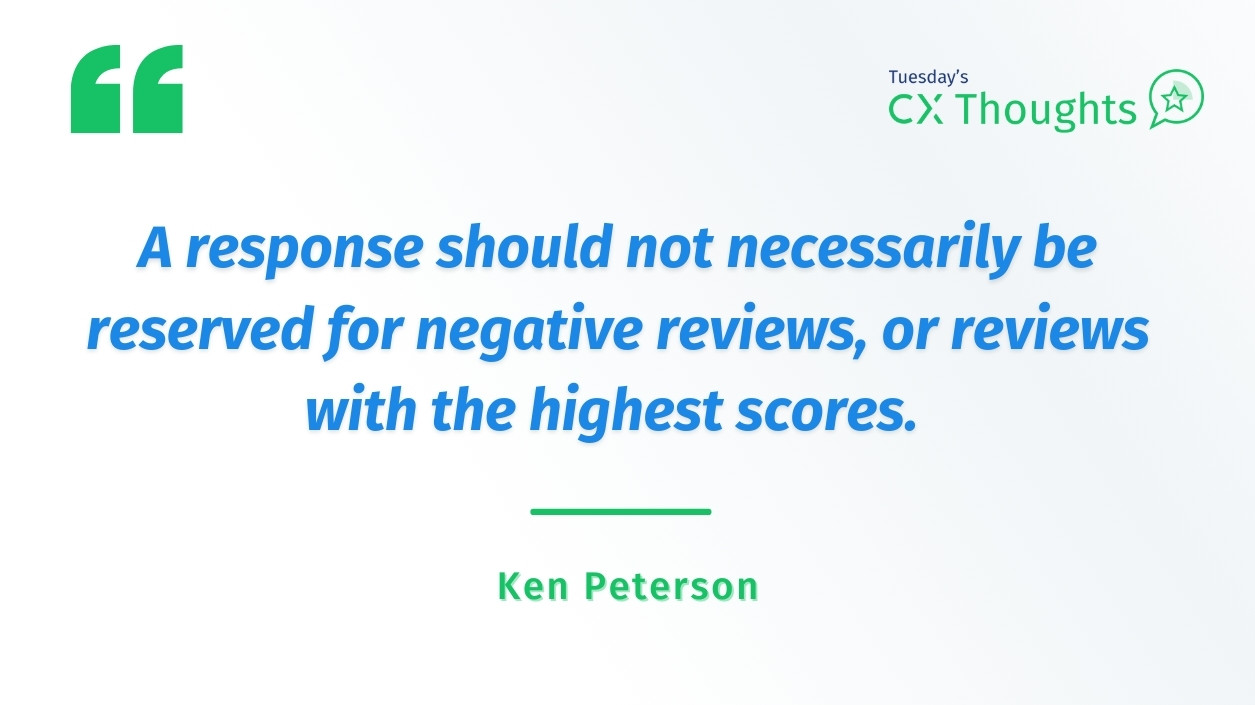
Check Out This Week’s Video Review with Ken Peterson:
Have you ever looked for relationship advice? Probably the single most important piece of advice most counselors would provide is to just listen. That seems pretty simple, right? Yet when it comes down to it, we’re not very good at listening. We often hear the words that are spoken to us, yet we really do not listen.
Take a moment to think about the activities that you take part in during the day. It could be something as simple as making a meal in the kitchen. You may have the radio on. You might have the TV playing in the background. If you are anything like me, you will be managing more than just one menu item. In my mind, I imagine myself juggling kitchen knives with one hand while cooking a gourmet meal with the other. The reality is probably closer to me looking like a disheveled clown barely managing to make something edible and slightly burnt.
One thing is for certain, just about anything said to me during that time will definitely be repeated. I will hear words. If it is about the current situation on hand, I may even take action. However, if it was something that I needed to think about or remember, it probably would be forgotten unless I took a moment to write it down. I heard the words, but I was not listening.
On the other end of the spectrum, it can be a good skill – hearing but not listening. Whereas remote work is common now, I have been doing it for nearly a quarter century (I still find it hard to believe that a) I am that old and b) that I have been working in CX for that long). As long as I have worked remotely, I have a difficult time working in complete silence. I tend to have music, a news broadcast or a movie/show that I have seen many times over playing in the background. Because I need to hear something – perhaps it excites my the synapsis (take that being either singular or plural) in my brain – but I cannot be listening. If I am listening to those distractions, I am not concentrating on the task at hand.
Hearing is an action that only requires working ears, with the vibrations being transmitted to your brain. Unless you have a physical limitation with your ears, it is just one of the five senses and hearing will happen all the time. It just happens, an involuntary action.
Listening on the other hand requires a translation of what you hear towards understanding. It requires concentration and should lead to learning. I can involve more than just hearing, in fact listening can happen without hearing. One can listen to someone simply by reading that person’s words.
Hearing is very passive, listening is active.
This applies in all our Voice-of-the-Customer programs and our customer experience strategies. Too many companies spend considerable budget and time to “listen” to their customers, when all they are really doing is “hearing” their customers. Often, just like my time in the kitchen, it is a result of doing too many things at one time.
On the frontline, our employees are busy serving the customers, cleaning facilities and finishing work that the company requires. Sometimes doing so much of the required activities, that they will hear the customers when they speak, but not really listen. This is true even when it comes to customer listening programs – the frontline looks at the results, may read the comments, but really do not have time (or energy) to listen.
It happens at all levels of the organization, even administrators managing CX enterprise software should be great at listening, but they have responsibilities too: building dashboards, creating CX ticket workflows, communications, training and providing analyses to the management team.
Something very simple, like how to respond to online reviews. There are many tools out there that will crawl customer reviews and social media websites and gather all that information in one place. It will analyze the text, find common themes across all that commentary and create summaries for the users. These tools will hear what is happening, but is it really listening? Are we taking action on all this information?
I have used these tools for various research projects and customer experience analyses. They can provide some interesting ideas and innovative approaches to the business, but without a way to interact with the individual customer, taking action. QuestionPro has a tool called CX Reputation, and the reason I find it so compelling is that it allows our clients to take action – listen and communicate. That response should not be generic, it should demonstrate that the customer was not just heard, but that the brand was listening to them – even responding.
A response should not necessarily be reserved for negative reviews, or reviews with the highest scores. Recently I had an experience at a restaurant, following the visit I received a request to provide a review. The experience was good – not perfect – nor was it bad. I had given it four out of five stars – with no commentary. I was very surprised that on the following morning I received a notification from the review website that the restaurant had replied to my review. Not with a canned response, but rather with a sincere message:
Thank you for rating [brand]. We hope your next visit with us earns a 5-star rating. We would be happy to hear from you on how we can improve, you can reach me at xxxx.
This demonstrates that the person that read my review not only heard about my four stars, but wanted to take it a step further and listen to what they could to improve my experience. Whether for competitive insights or to sincerely help brands to improve, I am happy to provide my feedback. I am always more impressed when a brand takes time to listen and demonstrate that they have listened. Now, over a month later, I remember very little about the experience, but now I remember that they listened. It will drive me to going back, because they listened.
Is there something wrong with your customer experience?
When you complete an honest assessment, the outcome can be beneficial. Particularly when it comes to your Customer Experience program.
Take five minutes and complete an audit for your organization here.
You may discover a gap in measurement, an opportunity to improve a process, the place where an organizational shift needs to take place or an opportunity to win a greater share of your customers’ wallets.
We all want that bigger “return”. In this situation, the worst case scenario is that you’ll get some information that will help your organization since there is no cost or obligation in completing this audit.




